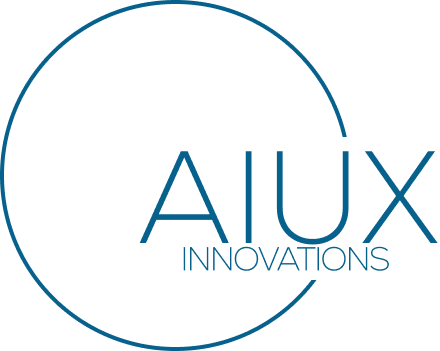Few experiences generate as much collective dread as buying a car. For decades, it’s followed the same predictable cycle: browsing confusing inventories, enduring long hours at the dealership, negotiating with salespeople, and signing stacks of paperwork. It’s stressful, opaque, and often leaves customers questioning whether they made the right decision.
The Old Problem
The frustrations are embedded in the process:
- Hidden fees and unclear pricing.
- Pressure-heavy negotiations with uneven information.
- Financing conversations that feel like traps.
- Long wait times between test drives, approvals, and delivery.
The problem isn’t the car, it’s the experience of trying to purchase one.
The UX Reframe
Instead of asking, “How can we make the dealership faster?” UX thinking asks: “How can we redesign the entire journey so the dealership is optional?”
When reframed, the goal isn’t to reduce pain, it’s to turn buying into a transparent, empowering choice.
The New Experience: Transparent Digital Journeys
- Online-first configurators: Customers explore models, colors, trims, and features with clarity, not hidden restrictions.
- AR walkarounds: Interactive 3D views let customers see how a car looks in their driveway or garage before they ever step foot on a lot.
- Dynamic financing calculators: Payments, terms, and trade-in values update instantly as customers adjust options.
- Flexible delivery and pickup: The final step can be a dealership handoff, direct-to-door delivery, or hybrid experience.
Buying becomes a journey of discovery rather than an obstacle course of negotiations.
The Payoff
For customers, transparency builds confidence: no surprises, no unnecessary friction, no pressure. For carmakers and dealers, the payoff is loyalty and reduced churn; buyers are less likely to second-guess or walk away when they feel fully informed.
Broader Lesson
Car buying proves that UX’ing an old problem doesn’t just improve efficiency; it reshapes trust. By making the process transparent and empowering, what was once dreaded can become an experience people actually look forward to.
